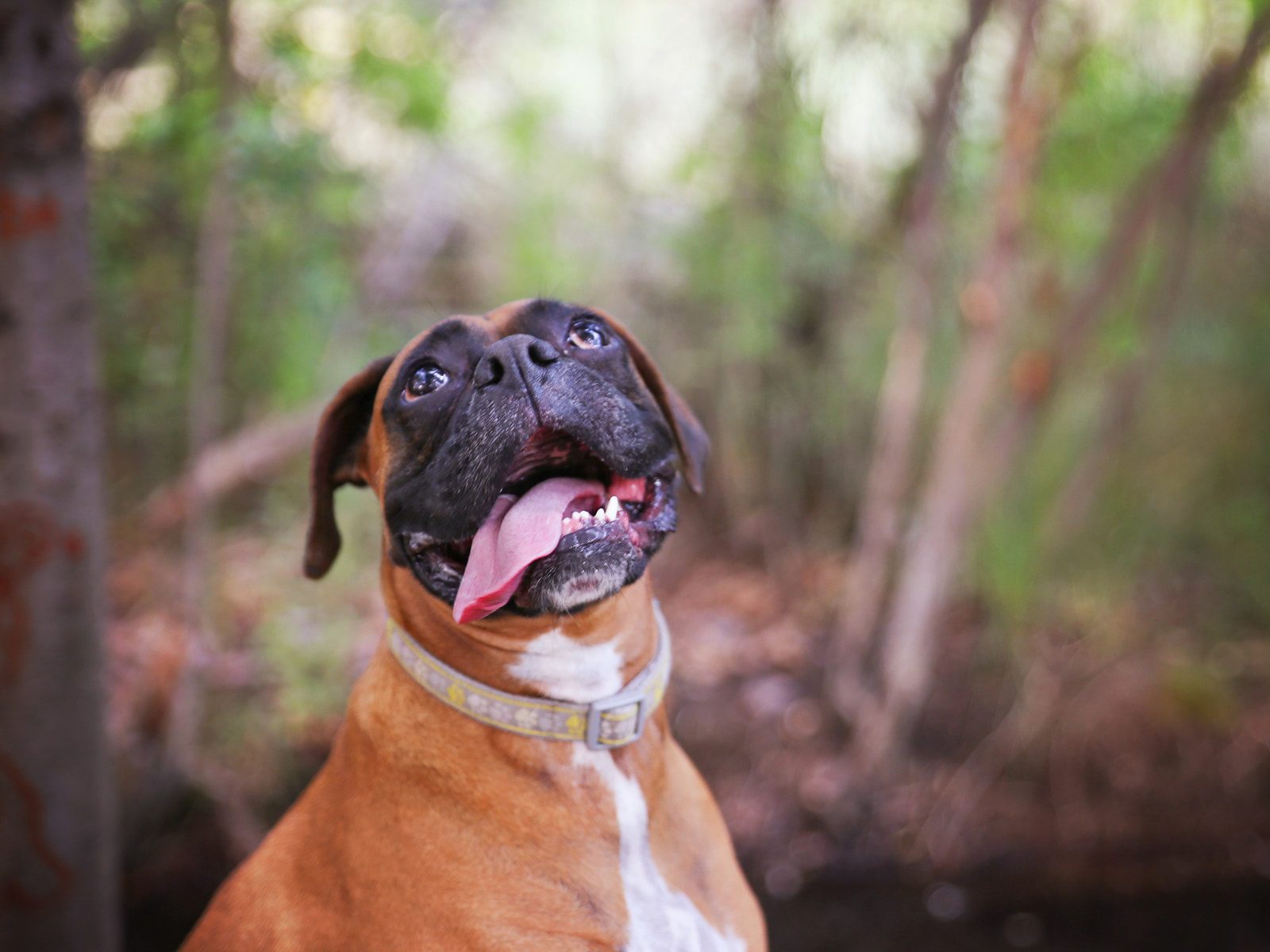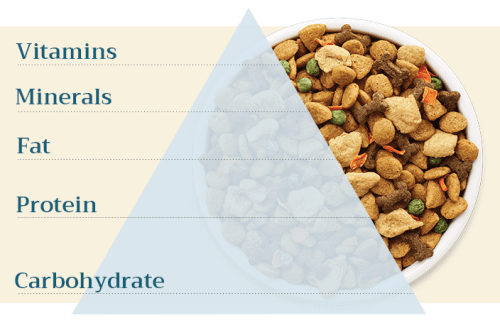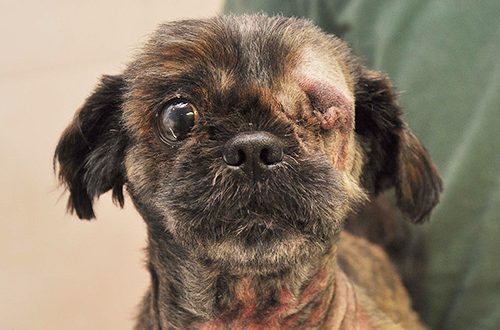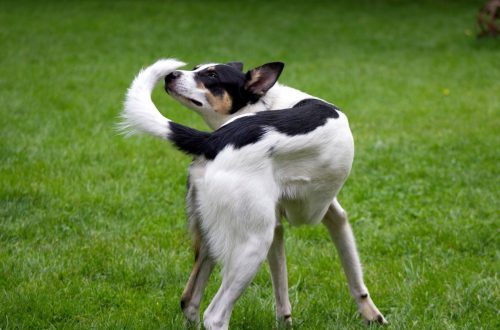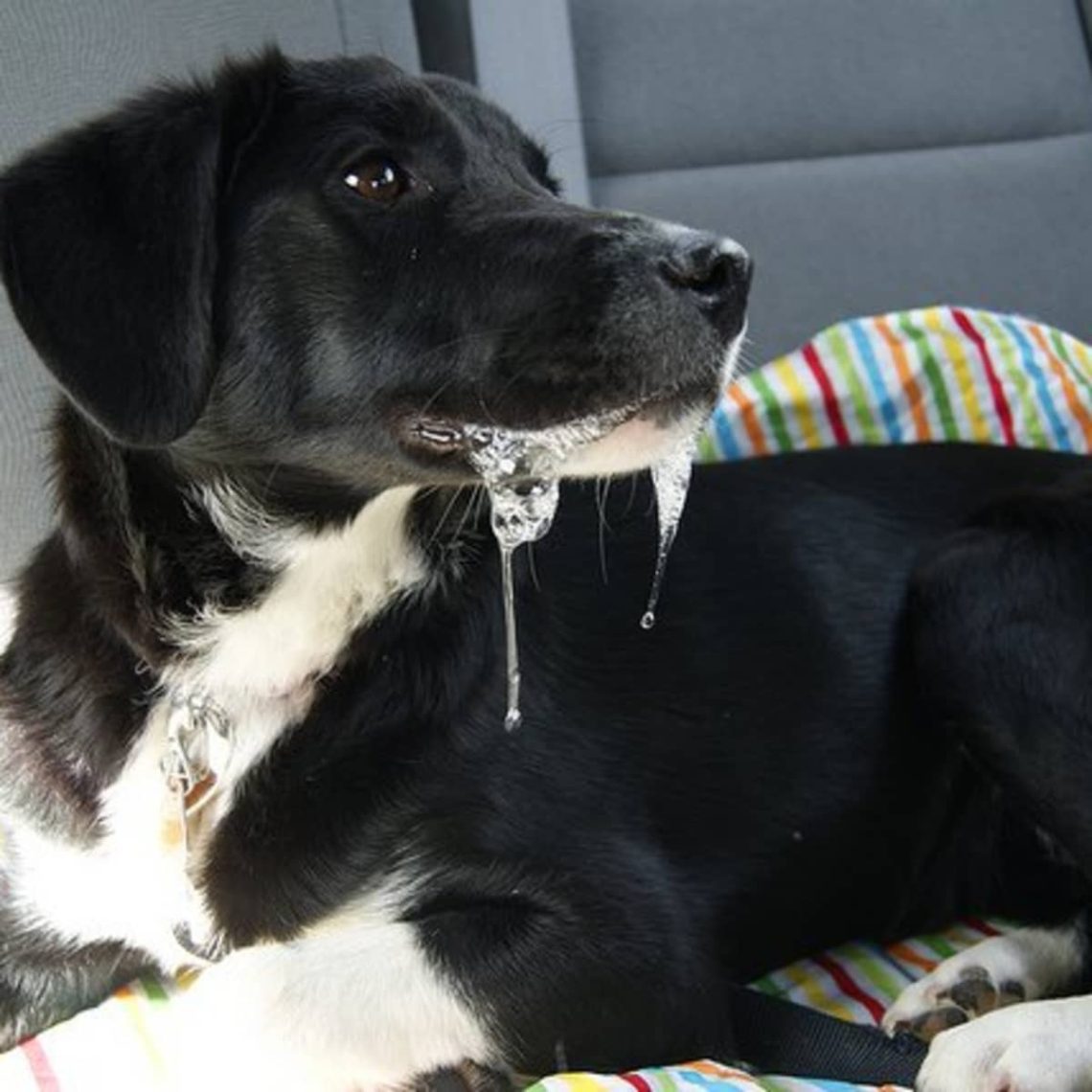
Why does my dog drool so much?
Talk to any dog owner and you’ll realize that dog drool is one of the things that takes some getting used to. However, new and future owners will certainly be interested in learning more about increased salivation in dogs and whether it is possible to somehow reduce the amount of saliva. For some breeds, excessive salivation is normal, while for others it can be a sign of health problems.
Saliva Champions
You may be familiar with the drooling dog named Hooch from the movie Turner & Hooch. Hooch is a Dogue de Bordeaux from the mastiff family known for excessive salivation, explains the American Kennel Club. While Mastiffs, Newfoundlands, and Dogue de Bordeaux drool particularly profusely, they have many wonderful qualities for which they can be forgiven for having to constantly wipe their drool.
What to do with saliva? One way to partially deal with saliva in some breeds is to put a “bib” on the dog. You can always have a towel handy to wipe off drool. It is important not to let your pet overheat and change the water in the bowl frequently. This will not help to get rid of salivation, but there may be less saliva.
Be careful, drool!
Although drooling is an inherent feature of some breeds, excess saliva can be a sign of a dog’s oral disease. If you notice that your pet is drooling more often, you need to determine the cause, because, most likely, they interfere with him no less than you.
The first thing to check is whether he has tartar or plaque. Contact of the inside of the lip with tartar can cause salivation, so you may need to brush your pet’s teeth to stop or reduce the amount of saliva. Brushing your dog’s teeth may seem like a difficult task to you, but if you do everything right and regularly, you will make life easier for yourself and your pet.
If you notice that you are drooling due to rapid breathing with your mouth open, you need to find out if the animal is under the influence of stress, say experts at VCA veterinary clinics. Some dogs, for example, only start to drool when they are in a car because they get nervous leaving home.
The Center for Animal Health has compiled a list of possible causes of excessive salivation in dogs:
- Heatstroke
- Kidney or liver disease
- Infections of the nose, sinuses, or pharynx
- Injury or foreign object in the mouth
- Nausea or stomach pain
- poisonous plant poisoning
Pick your saliva!
If you regularly brush your pet’s teeth and change his water, but you cannot determine the cause of the dog’s anxiety, and the saliva is coming, hanging, there are a lot of them and they are not getting smaller, contact your veterinarian. He or she will help identify the cause of the problem and give the necessary recommendations. Don’t forget that having a dog means sometimes getting slobbery kisses, but the amount of saliva can always be kept under control, making life – yours and your pet’s – easier and cleaner!



